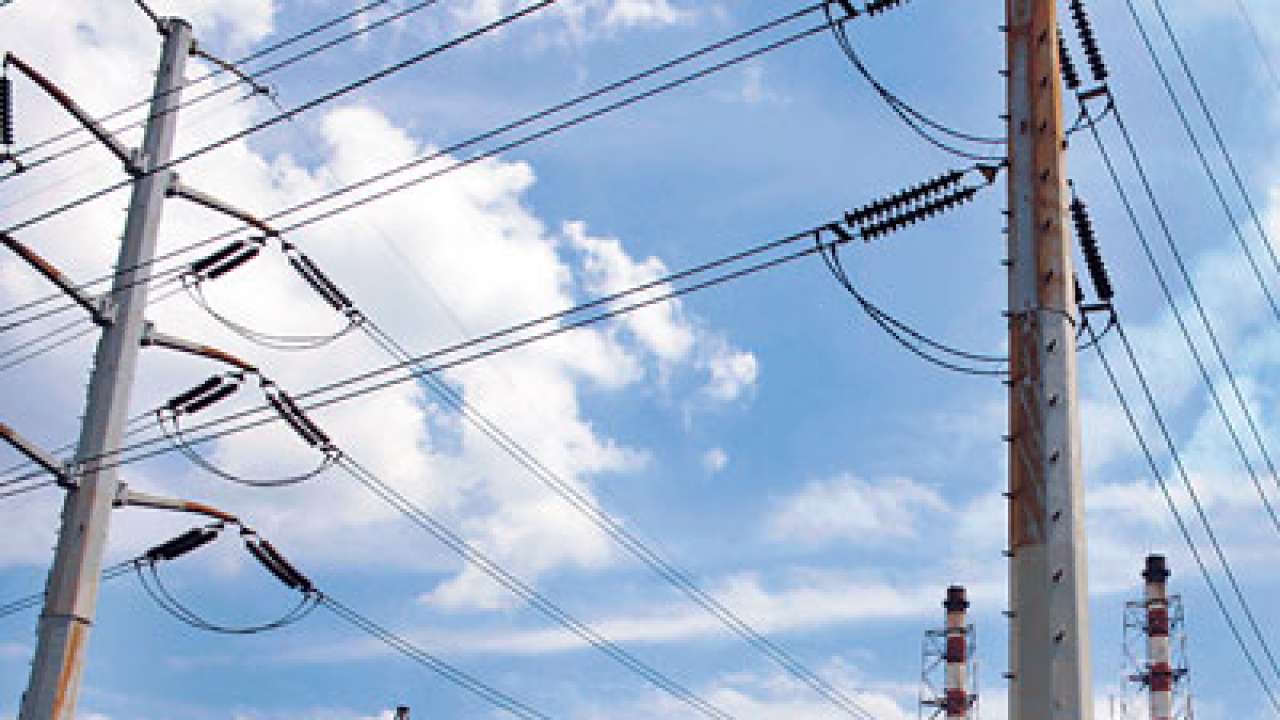
There's an old saying – you can import coal, fertiliser and gas over long distances, but not electricity. That is why, if one has to look at energy security, power generation becomes critically important.
The new government should first and foremost tackle primary fuel crisis on priority. There is no sense in hauling coal from Maharashtra to Haryana, and on the converse sourcing coal from Odisha for power plants in this state. The present allocations and linkages to power stations need to be redone on scientific lines. An integrated approach is needed, keeping in view coal production centres, power station locations, railway routes, imported coal and ports, to put in place an optimum coal allocation and transport policy. Together with this, use of washed coal has to be emphasised to reduce ash, and, in turn, freight loads, by 30% to 40%.
The present location of generation capacities and inadequate transmission linkages to consumption centres have created a piquant situation where many power stations are stranded or backed down due to lack of demand. At the same time, large areas, especially South Indian states, have huge demand-supply gaps.
While the North-South grid linkage needs to be made fully operational quickly, even small interventions in terms of completing short-distance interstate lines would help ease the situation in large parts of the country.
In distribution, there is an urgent need to rationalise tariffs. The present, completely-perverse, tariff structure is not sustainable, constricts the growth of manufacturing and service sectors as they are charged way above the cost of supply to heavily subsidise agriculture.
Metering of agriculture usage needs to be prioritised and a subsidy regime based on water-use-efficiency implemented. Farmers using water efficiently need to be subsidised better while those using inefficient irrigation techniques should be penalised with higher power tariffs.
The customer-distribution utility paradigm needs to change. While distribution utilities label losses as thefts, in most cases it is a lack of proper billing, bill distribution and collection mechanism that has prompted people to use power without paying for it. The customer has to be put at the centre of the loss-reduction efforts.
Concessional financing to utilities is needed to provide meters with wireless communication devices to insulate metering from human intervention. Infrared and radio-frequency meters have made such meters inexpensive. Hence a massive meter replacement programme would more than pay for itself in terms of accurate energy consumption recording.
Getting electricity connection has to be a simple time-bound and routine process accomplished online in a transparent manner. Complicated forms and multiple documentation need to be done away with.
The role of renewable energy (RE) needs to shift from just being important to being more relevant. For this to happen, RE generation must integrate with the scheduling requirements of distribution utilities. The infirm nature of RE makes it a grid-operator's nightmare. While consumers demand continuous power, RE can make this an impossibility.
With weather prediction models becoming more and more accurate, policy intervention must shift the premium from just adding solar and wind capacity to bringing about predictability and scheduling of RE and simultaneously facilitating its trading over shorter time slots.
The Rajiv Gandhi Gramin Vidyutikaran Yojana (RGGVY) has to be recast to meet this need. This programme has the laudable target to provide electricity to the homes of the rural poor. But with electricity comes a bill, which even though very small, needs to be paid within a time limit. The RGGVY must provide for payment of a minimum bill for first-time BPL (below the poverty line) electricity users.
Power sector reforms must now be driven by simple straight forward thinking based on ground realities with customer at the centre and full involvement of states rather than complicated, central driven initiatives.
Ajoy Mehta is managing director of MSEDCL, Maharashtra's state electricity distribution utility and has been on almost every committee dealing with power reforms. Views are personal